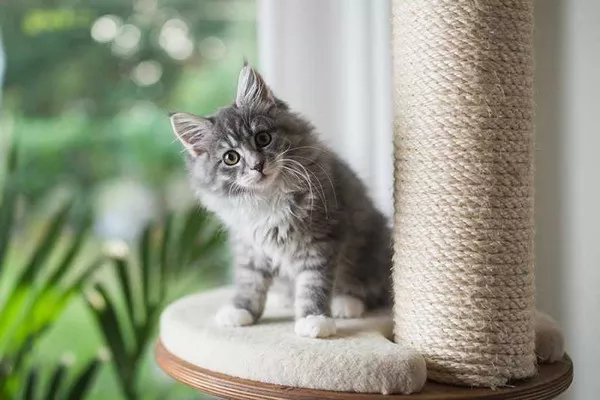Potty training Golden Retrievers can be both a challenging and rewarding experience for pet owners. The process requires dedication, consistency, and above all, patience. Understanding the unique needs of Golden Retriever puppies is essential to achieving successful potty training. In this comprehensive guide, we will delve into the intricacies of potty training Golden Retrievers and explore the timeframe one can expect for this crucial aspect of canine development.
The Importance of Early Training
Commencing the potty training journey with your Golden Retriever puppy as early as possible is paramount. Golden Retrievers are known for their intelligence and eagerness to please, making them receptive to training from a young age. Starting the potty training process during the puppy stage establishes a solid foundation for good behavior and hygiene habits.
Establishing a Routine
Consistency is key when aiming to potty train a Golden Retriever successfully. Establishing a regular routine for feeding, walks, and bathroom breaks helps your puppy understand when and where they should relieve themselves. Incorporating positive reinforcement, such as treats or praise, during successful bathroom outings reinforces the desired behavior and accelerates the potty training process.
Understanding the Golden Retriever’s Bladder Development
To effectively potty train Golden Retrievers, it is crucial to recognize the developmental stages of their bladder. Puppies have smaller bladders and limited bladder control, necessitating more frequent trips outside. As your Golden Retriever matures, their bladder capacity increases, and the duration between bathroom breaks can be extended. Tailoring your potty training approach to your puppy’s developmental stage is essential for success.
Positive Reinforcement Techniques
Golden Retrievers respond exceptionally well to positive reinforcement, making it a cornerstone of effective potty training. Whenever your puppy successfully goes to the bathroom in the designated area, lavish them with praise, affection, or a small treat. Associating the desired behavior with positive experiences motivates your Golden Retriever to repeat the action, facilitating a smoother and quicker potty training process.
Setbacks and Patience
Potty training Golden Retrievers is not always a linear process. Setbacks are to be expected, and it’s essential for pet owners to exercise patience during challenging times. Understanding that accidents may happen, especially during the initial stages of training, prevents frustration and helps maintain a positive training environment for both you and your puppy.
Utilizing Crate Training Effectively
Crate training is a valuable tool in the potty training arsenal for Golden Retrievers. Dogs instinctively avoid soiling their living space, making a crate an effective way to manage your puppy’s bathroom habits. Utilize the crate as a safe and comfortable space, gradually increasing the time your Golden Retriever spends inside. This helps them learn bladder control and reinforces the importance of designated bathroom areas.
Monitoring Diet and Water Intake
Controlling your Golden Retriever puppy’s diet and water intake contributes significantly to the potty training process. Feeding your puppy at consistent times and monitoring their water consumption allows for better predictability in bathroom needs. Adjust feeding schedules and portion sizes according to your puppy’s age and developmental stage, minimizing the likelihood of unexpected accidents.
Outdoor Exploration and Socialization
Incorporating outdoor exploration and socialization into the potty training routine enhances the overall learning experience for your Golden Retriever. Allowing your puppy to become familiar with different environments and surfaces encourages them to generalize bathroom behavior to various situations. Socializing with other dogs and people positively influences their behavior and reduces anxiety-related accidents.
Gradual Transition to Independence
As your Golden Retriever puppy grows, gradually allowing them more independence is a natural progression of the potty training journey. Expand their access to different areas of the house while maintaining supervision. This phased approach ensures that your puppy continues to follow the established bathroom routines while adapting to increased freedom responsibly.
See Also:Can You Get Black Golden Retrievers?
Conclusion
Potty training Golden Retrievers requires time, dedication, and a strategic approach. Starting early, establishing a routine, and employing positive reinforcement techniques are fundamental aspects of successful training. Understanding your puppy’s developmental stages, utilizing crate training, and incorporating outdoor exploration contribute to a well-rounded training experience. Embracing setbacks with patience and gradually allowing independence ensures a smooth transition to a reliably potty-trained and well-behaved adult Golden Retriever. Remember, the journey may have its challenges, but the rewards of a well-mannered and house-trained companion make the effort more than worthwhile.
Related Topics:
Do Golden Retrievers Get Aggressive?
How Long Can Golden Retrievers Hold Their Pee?
Is frizz a matter of appearance in Golden retrievers?

























